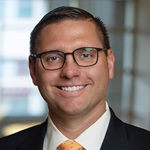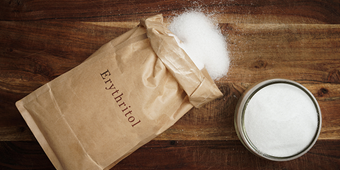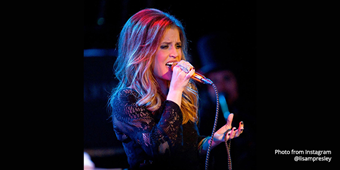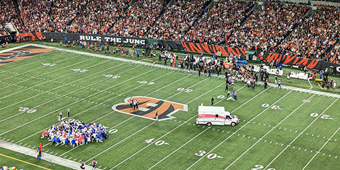Study: Even Just One Drink Can Trigger AFib
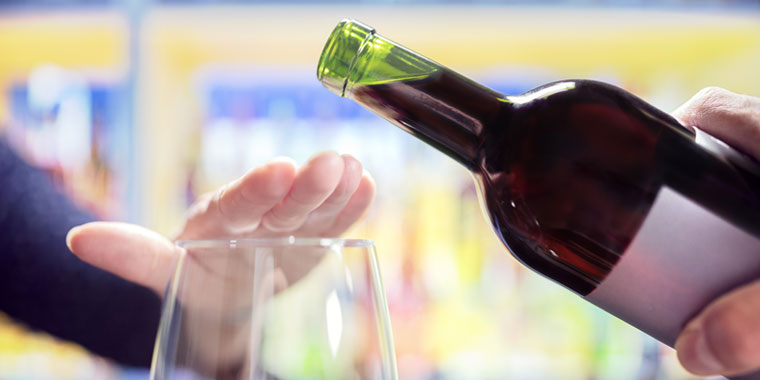
Answer a few questions and we'll provide you with a list of primary care providers that best fit your needs.
Multiple studies have shown that moderate to high levels of alcohol use raise the risk of heart disease, including atrial fibrillation (AFib), the most common type of abnormal heart rhythm.
But Premier Health cardiologist Jacob Gibson, DO, told Premier Health Now he’s surprised by the findings of a new study recently published in the Annals of Internal Medicine.
“This study (conducted at the University of California San Francisco) seems to suggest much lower levels of alcohol intake (as little as one drink) could potentially trigger an atrial fibrillation episode or increase your risk for having atrial fibrillation,” he says.
He believes the study may be more relevant for people who’ve already been diagnosed with AFib. That’s because it followed 100 adults known to have intermittent AFib — that is, occasional AFib episodes that stop spontaneously.
During the study, participants wore an electrocardiogram monitor and drank a median of one drink a day. Fifty-six of the participants had an AFib episode. The researchers concluded that one alcoholic drink raised their risk of an AFib episode two-fold — or three-fold, with two or more drinks, within the preceding four hours.
What could this mean for you if you don’t have AFib? To answer that, more research will be needed, Dr. Gibson says.
“I think that’s where studies will lie in the future, as far as patients who have never had atrial fibrillation — how does alcohol intake increase their risk for having the disease.”
The new findings, regardless, “should at least be eye-opening, to make people consider alcohol intake with regards to their cardiovascular health,” he adds.
Here’s how Dr. Gibson advises his patients about alcohol consumption and their heart health:
“Avoidance is probably best. But if a patient is going to consume alcohol, the recommendation would be the smallest amount possible, and to avoid binge drinking.
“We really want to avoid those times when we have a significant increase in alcohol intake compared to other times. Sometimes we refer to that as ‘holiday heart syndrome,’ when somebody who doesn’t normally drink a lot will have a significant increased intake on New Year’s Eve, Christmas, or other holidays.
“In those episodes we definitely see increased incidence of atrial fibrillation and other abnormal heart rhythms with toxic effects from the increased alcohol dose.”
Answer a few questions and we'll provide you with a list of primary care providers that best fit your needs.
Source: Jacob Gibson, DO, Premier Cardiovascular Institute
